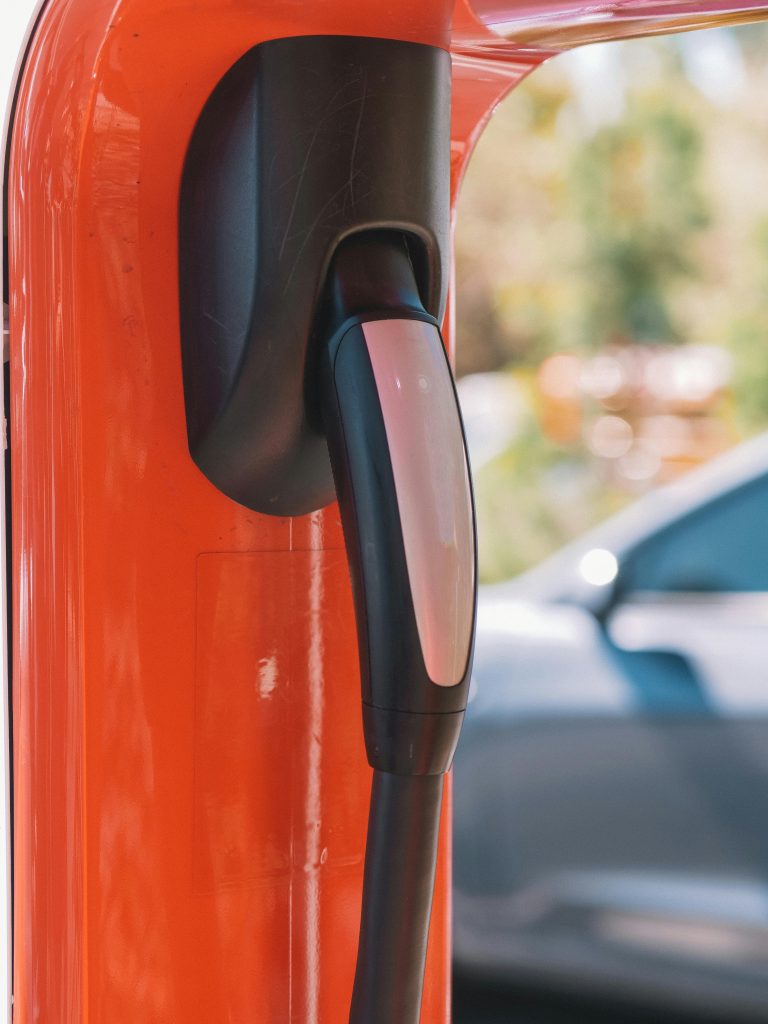The rapid adoption of electric vehicles (EVs) in India is transforming the automotive industry, but it also brings a critical challenge: managing end-of-life EV batteries. With millions of EVs expected on Indian roads by 2030, the need for efficient and sustainable EV battery recycling has never been more urgent. Proper recycling not only prevents environmental hazards but also unlocks valuable resources like lithium, cobalt, and nickel, reducing dependence on imports. As India positions itself as a global leader in clean mobility, the future of EV battery recycling presents immense growth opportunities for businesses, policymakers, and innovators.
The Growing Need for EV Battery Recycling in India
India’s EV market is expanding rapidly, driven by government incentives, rising fuel prices, and environmental awareness. However, EV batteries have a limited lifespan—typically 8-10 years—after which they lose efficiency. Without proper recycling, these batteries can pose serious environmental risks, including toxic leaks and fires. Additionally, India currently relies heavily on imported battery materials, making recycling a strategic necessity to secure a domestic supply chain.
Key factors driving the demand for EV battery recycling:
- Projected growth of India’s EV market to 10 million annual sales by 2030.
- Government mandates under the Battery Waste Management Rules (2022) for recycling.
- Economic benefits of recovering rare metals like lithium and cobalt.
- Reduction in carbon footprint compared to mining new materials.
Current State of EV Battery Recycling in India
While India is still in the early stages of developing a robust EV battery recycling ecosystem, several initiatives are paving the way. Startups and established companies are exploring innovative methods to extract and reuse battery materials. However, challenges such as lack of infrastructure, high costs, and limited awareness remain.
Key Players and Initiatives
Several Indian companies, such as Attero Recycling and Lohum Cleantech, are leading the charge in battery recycling. These firms use advanced hydrometallurgical and pyrometallurgical processes to recover up to 95% of battery materials. The government is also supporting the sector through policies like the Production-Linked Incentive (PLI) scheme for advanced chemistry cell manufacturing.
Challenges in the Recycling Process
- Collection and logistics: Lack of organized collection networks for end-of-life batteries.
- Technology limitations: Most recycling methods are energy-intensive and expensive.
- Regulatory gaps: Inconsistent enforcement of recycling standards across states.
Sustainable Solutions for EV Battery Recycling
To build a circular economy for EV batteries, India must adopt sustainable and scalable recycling solutions. Here are some promising approaches:
1. Second-Life Applications
Batteries that no longer meet EV performance standards can still be repurposed for less demanding applications, such as energy storage for solar power or backup systems. This extends their lifespan before final recycling.
2. Green Recycling Technologies
Innovations like bioleaching (using microorganisms to extract metals) and direct recycling (reusing battery components without breaking them down) offer eco-friendly alternatives to traditional methods.
3. Public-Private Partnerships
Collaboration between the government, automakers, and recycling firms can streamline collection, improve technology, and create a self-sustaining ecosystem.
Growth Opportunities in the EV Battery Recycling Sector
The EV battery recycling industry in India is poised for exponential growth, offering lucrative opportunities for investors, entrepreneurs, and job seekers.
1. Economic Potential
By 2030, India’s EV battery recycling market could be worth over $1 billion, driven by the increasing volume of retired batteries and rising demand for recycled materials.
2. Job Creation
The sector has the potential to generate thousands of jobs in collection, processing, R&D, and manufacturing, supporting India’s green economy goals.
3. Export Opportunities
With global demand for recycled battery materials surging, India could become a key supplier, reducing trade deficits and boosting economic growth.
Conclusion
The future of EV battery recycling in India is bright, but realizing its full potential requires coordinated efforts from all stakeholders. By investing in advanced technologies, strengthening regulations, and fostering industry collaboration, India can build a sustainable and profitable recycling ecosystem. As the EV revolution accelerates, battery recycling will play a pivotal role in ensuring environmental protection, resource security, and economic growth. The time to act is now—before the wave of retired batteries becomes an unmanageable challenge.
